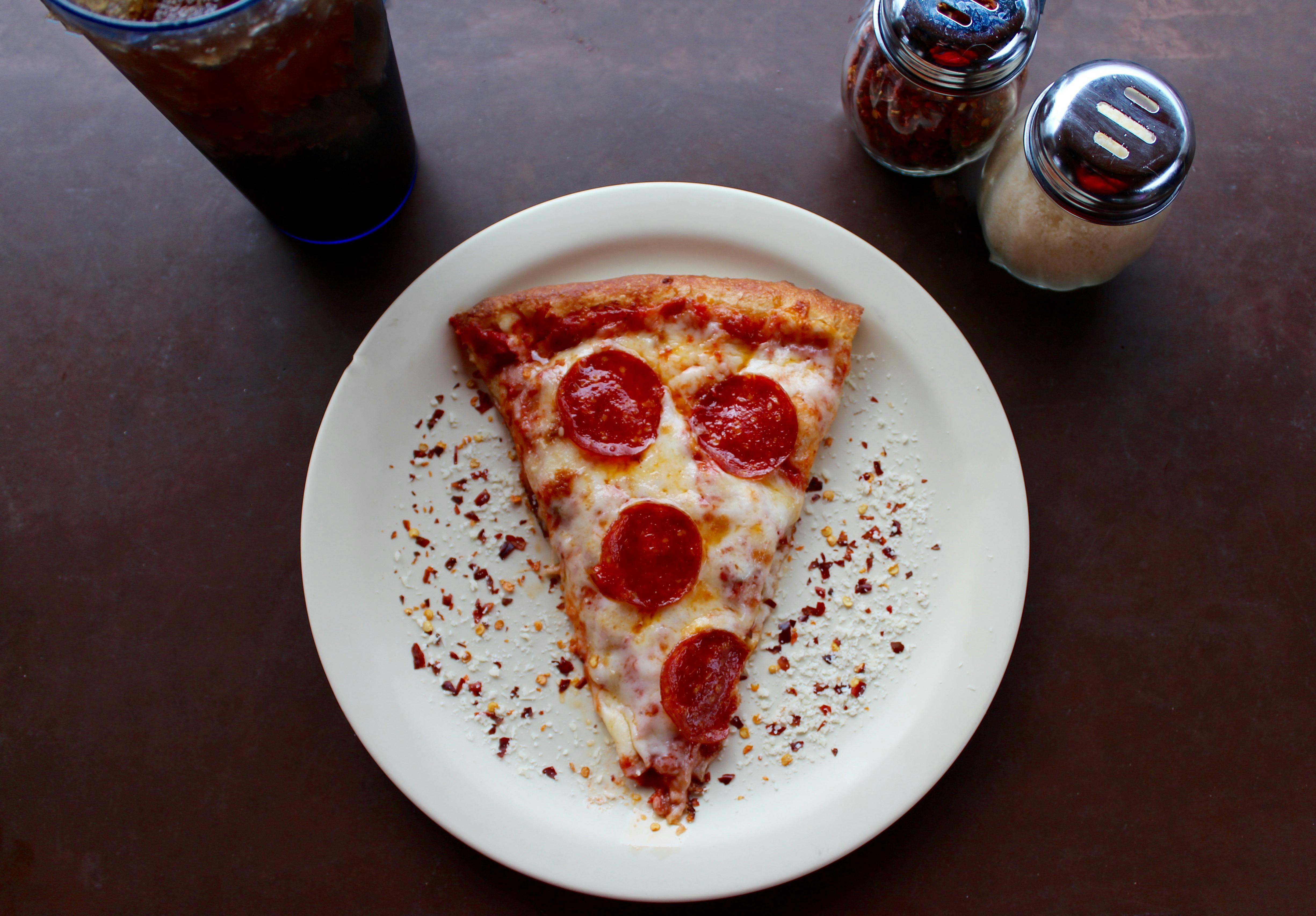
Why Certain Foods Trigger IBS Symptoms
IBS, or Irritable Bowel Syndrome, affects how your digestive system processes food. For some people, certain foods can trigger symptoms like bloating, cramping, diarrhea, or constipation. By identifying and avoiding these foods, you can significantly reduce flare-ups. But understanding your unique triggers can take time—that’s where CleverPoop comes in.
CleverPoop lets you log what you eat and tracks how your gut responds. Its AI analyzes this data to identify patterns, helping you spot which foods might be causing trouble.
The Top Foods to Avoid with IBS
- High-FODMAP Foods: Foods like onions, garlic, beans, cauliflower, and apples contain fermentable carbohydrates that can cause gas and bloating.
- Fried and Fatty Foods: Greasy foods slow digestion and can lead to cramping or diarrhea. Think fried chicken, burgers, and heavy cream sauces.
- Dairy Products: Lactose in milk, cheese, and ice cream can be hard to digest, especially for those with lactose intolerance.
- Artificial Sweeteners: Sweeteners like sorbitol and xylitol, often found in sugar-free gum or candy, can cause gas and diarrhea.
- Carbonated Drinks: Soda and sparkling water can introduce excess gas into your digestive system, worsening bloating.
- Gluten: For some IBS sufferers, gluten-containing foods like bread and pasta can trigger symptoms, even without celiac disease.
- Caffeine: Found in coffee, tea, and energy drinks, caffeine stimulates the intestines, which can lead to diarrhea or cramping.
- Alcohol: Alcohol can irritate the gut lining and disrupt digestion, causing flare-ups.
Not everyone with IBS is sensitive to all of these foods. CleverPoop helps you identify your unique triggers by analyzing your stool patterns after meals.
How CleverPoop Can Help
CleverPoop simplifies IBS management with these features:
- Track Your Meals: Log every meal in the app to keep a detailed food diary.
- AI-Powered Insights: The app analyzes your diet and stool patterns to pinpoint potential food triggers.
- Custom Recommendations: Get tailored advice on what to eat based on your unique gut responses.
- Trend Analysis: View long-term trends to see how dietary changes affect your symptoms.
By combining food tracking with AI analysis, CleverPoop provides a personalized approach to managing IBS symptoms.
Take the Guesswork Out of IBS
With CleverPoop, you no longer have to rely on trial and error to manage your IBS. Let the AI do the hard work of analyzing your diet and symptoms, so you can focus on enjoying life with fewer disruptions. Download CleverPoop today and take control of your gut health!
A Deeper Look at Foods To Avoid With Ibs And Track Triggers
Here we dive further into how foods to avoid with ibs and track triggers interacts with digestion. Over time, repeated exposure can influence gut bacteria, nutrient absorption, and overall comfort.
Long-Term Strategies
- Maintain a consistent eating schedule to support digestion.
- Monitor how your body reacts to specific foods or habits related to this topic.
- Introduce more whole foods and reduce heavily processed options.
- Prioritize regular physical activity to keep your gut moving.
- Seek professional guidance if symptoms persist or worsen.
Applying these long-term strategies can help safeguard your digestive health and keep issues related to this topic under control.
Key Takeaways
- Keep a food and symptom diary to identify patterns.
- Stay hydrated and aim for a balanced, fiber-rich diet.
- Consult a healthcare professional for persistent issues.
References for the Curious Minds
- Shepherd, S.J., et al. (2014). The Low-FODMAP Diet for IBS. Gastroenterology Insights, 20(3), 123–135.
- Gibson, P.R., et al. (2013). Food Intolerance in IBS. Journal of Digestive Health, 15(4), 234–242.
- National Institutes of Health. Digestive Health Topics.
- Doe, J. (2024). Advances in Digestive Wellness. Digestive Science Journal, 10(2), 50-60.
- World Health Organization. (2023). Nutrition and Gut Health Overview.


